X
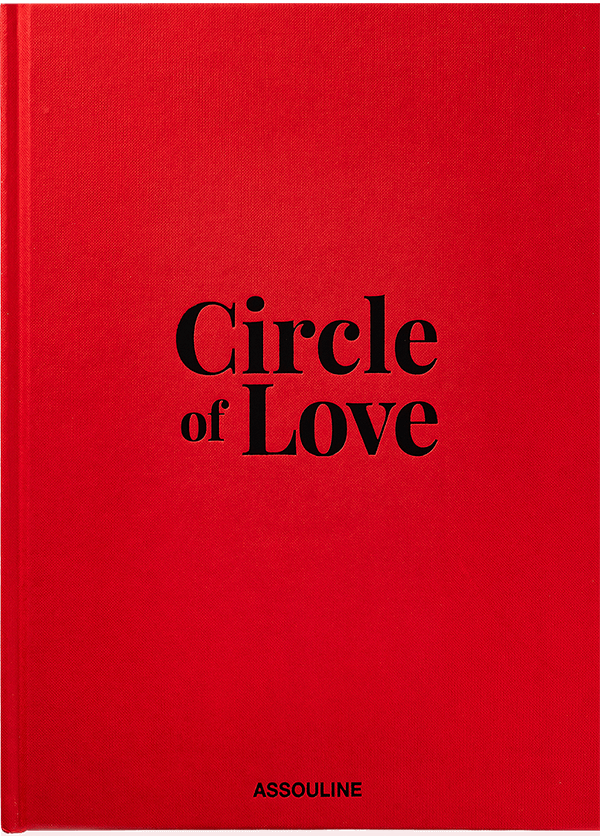
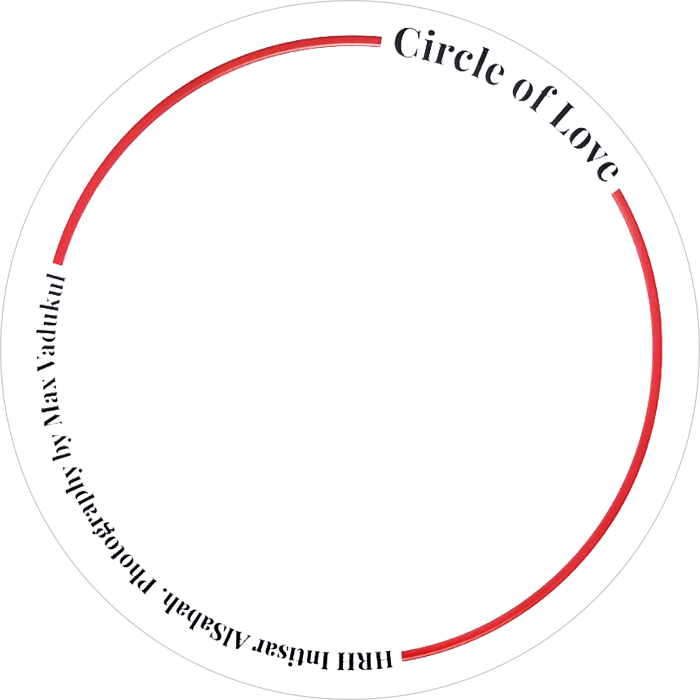
HE Nora Berra, French physician, formerly elected at the European Parliament (2009-2014), former French Minister for Seniors (2009-2010) and former French Minister for Health (2010-2012).
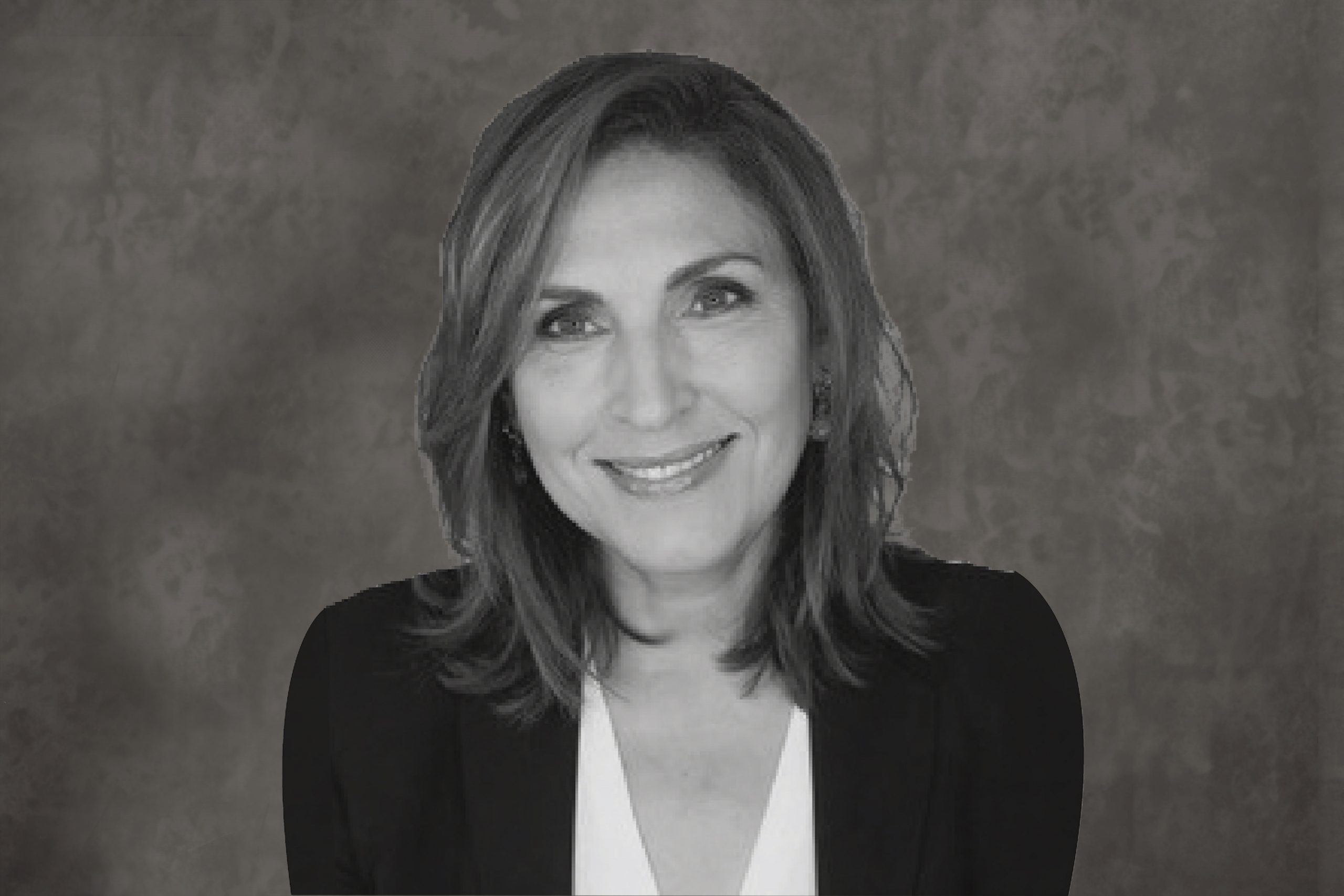
“Art and drama therapy approaches are not widely used in Arab countries, and therefore we need to honor and congratulate Intisar Foundation for having invested in it for several years already.“
What would be your advice for women across the Arab world?
In some Arab regions, women still face hardships where their personal interests often take the backseat. They devote themselves to taking care of their families, husbands, children, parents while not taking care enough about their own destiny. Achieving fulfilment as a woman is therefore more difficult than elsewhere as they must find the energy to break out of the restraints to which society assigns them.
The fundamental point for me is education. It is essential that Arab women have access to learning and knowledge in order to become independent, to build a professional career, and to be able to develop their own free will. This is the cornerstone of all forms of emancipation.
The second point is that women have to believe in themselves and in their own abilities. It is not specific to the Arab world but I think that this point is perhaps more significant in these regions given the weight of traditions which can be sometimes stifling for women. Self-confidence has to be cultivated and, from my point of view, the exemplary nature of “feminine” success contributes a lot. Women can then project themselves and believe that what is possible for some other women can be possible for them too!
Finally, the third point is to dare! Women must consider their lives or careers without building any artificial glass ceiling. They must listen to their desires and deepest aspirations and go where they are not necessarily expected. They can then legitimately take their place alongside men with their own sensitivity, and I believe that it is in the complementarity that the successes are the most beautiful.
“We must act to help the female victims, protect them, and guarantee their safety. We must extract them from the oppression of their tormentors and put them in a safe place where their rights to safety, health, and education are restored in order to integrate them in a resilience process.“
What do you consider to be the most pressing challenges faced by Arab women affected by war and violence today?
Women, and especially girls, are the first victims in any type of violence or war.
As I said above, they first experience a keen sense of sacrifice due to their natural impulse to protect their loved ones. Secondly, they are often easy targets for predators who humiliate, kill, mistreat, or rape them. The example of young girls who have been kidnapped to serve as sex slaves or Daesh/ISIS soldiers is a shame. They are not only deprived of their childhood, but they are deprived of all dignity of a human being. Entire lives will be shattered if nothing is done.
We must act to help the female victims, protect them, and guarantee their safety. We must extract them from the oppression of their tormentors and put them in a safe place where their rights to safety, health, and education are restored in order to integrate them in a resilience process. Multilateral bodies, non-governmental organisations and foundations that support causes of general interest have a major role to play in this matter.
Then, we must act on those responsible for the crimes and injustice – the penalties must be firm and dissuasive.
“It is high time to put an end to all the stigmas and to remember that good public health cannot be achieved without good mental health. It is a matter of fundamental human rights and human dignity.”
Please give us your opinion on the Intisar Foundation’s work and achievements since inception in 2019 until today.
Art is a tremendous catalyst for mental health and well-being and an undeniable instrument of inclusion. In France, art therapy is increasingly entering the care process for vulnerable people.
Intisar Foundation focused precisely on the benefit that art can provide to vulnerable women by introducing drama therapy. This approach is not widely used in Arab countries, and therefore we need to honor and congratulate Intisar Foundation for having invested in it for several years already. As a doctor, the part of the foundation’s work that I find particularly relevant is the setting up of real research projects on mental health in the Arab world which has already led to publications that validate the method of drama therapy and its effectiveness on a particular audience, such as refugee women.
“I want to pay tribute to Intisar Foundation for choosing to engage with women who have suffered trauma by using innovative and effective healing methods. The foundation thus highlights that a resilient society will necessarily depend on resilient women.”
Why have you decided to lend your invaluable support to Intisar Foundation and what would be your advice when it comes to supporting causes that support Arab women affected by war and violence.
First of all, mental health is not often associated with public health programs around the world, although it is a major health issue. It is particularly critical in regions with weak healthcare systems, particularly in areas of conflict and violence. And unfortunately, women are always the first ones to suffer the consequences.
I want to pay tribute to Intisar Foundation for choosing to engage with women who have suffered trauma by using innovative and effective healing methods. The foundation thus highlights that a resilient society will necessarily depend on resilient women.
These initiatives deserve to be supported in order to benefit as many people as possible.
What Intisar Foundation’s results do you find the most important and what would you like our team to achieve in the future?
As in any care process, scientific validation is a prerequisite for the generalisation of any method. The Intisar Foundation’s research will produce the rigorous and robust data that will be needed on various audiences and territories.
But, the results that I appreciate the most are the moving testimonies of the women who tell the story of their transformation.
“It is essential that Arab women have access to learning and knowledge in order to become independent, to build a professional career, and to be able to develop their own free will. This is the cornerstone of all forms of emancipation.”
Please share your message to the world for the occasion of the World Mental Health Day (October 10).
The Covid-19 crisis has shown that humanity is facing many new sources of mental health disorders. I hope this crisis will give mental health its rightful place. It is indeed high time to put an end to all the stigmas and to remember that good public health cannot be achieved without good mental health.
It is a matter of fundamental human rights and human dignity.
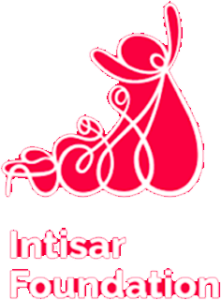
Officially registered as a humanitarian organisation with the Charity Commission for England and Wales in 2019, Intisar Foundation is the first charitable organisation in the Middle East dedicated to providing psychological support programmes of drama therapy to Arab women affected by the brutality of war and violence.
Intisar Foundation
McCarthy Denning, Suite 102,
70 Mark Lane, London, EC3R 7NQ
UK Registration Charity Number: 1182384
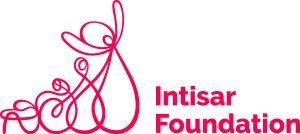
For more than a month, we are witnessing how international humanitarian law fails to protect Palestinian mothers and children.
Day after day, we have been lamenting and denouncing new acts of violence that brought injustice and the bemoaning loss of innocent lives in Gaza.
And yet, Palestinians in Gaza still face new perils with every next hour.
In writing this letter to the world as a demand for action to end this suffering, I join millions of others who have condemned the continued Israeli aggression and call for an immediate ceasefire.
We at Intisar Foundation also invite you to join us in working on preventing this trauma to linger and gnaw through another generation of Palestinians, and Arabs in general.
The mission of Intisar Foundation is to bring Peace to the Arab world through the psychological recovery of Arab women traumatised by war and violence, which can result in the women stopping the continued cycle of violence inflicted on or by them.
In this way, our work helps Arab homes traumatised by violence become more Peaceful again.
The ripple effect of this outcome can be that Peace flowcharts from one Arab home to another, from one Arab community to another, reaching and affecting our whole region.
In its very essence, therefore, Intisar Foundation’s work has always been about breaking the chains of trans-generational trauma.
While I salute people around the world confronting this injustice – from the world’s best universities, influencers, civil society activists and organisations, to ordinary people taking to streets and social media to raise their voices for Peace – I am now certain that we will not resolve the Palestinian crisis only with ceasefires, humanitarian aid, or rebuilding their homes and neighbourhoods.
We need to recover and protect the souls of current and future generations of Palestinians, and all Arabs, from this trauma.
To that end, Intisar Foundation is committed to turning this terrible man-made tragedy into a healing woman-led victory for Palestine, for humanity!
Intisar AlSabah
Leave a Reply